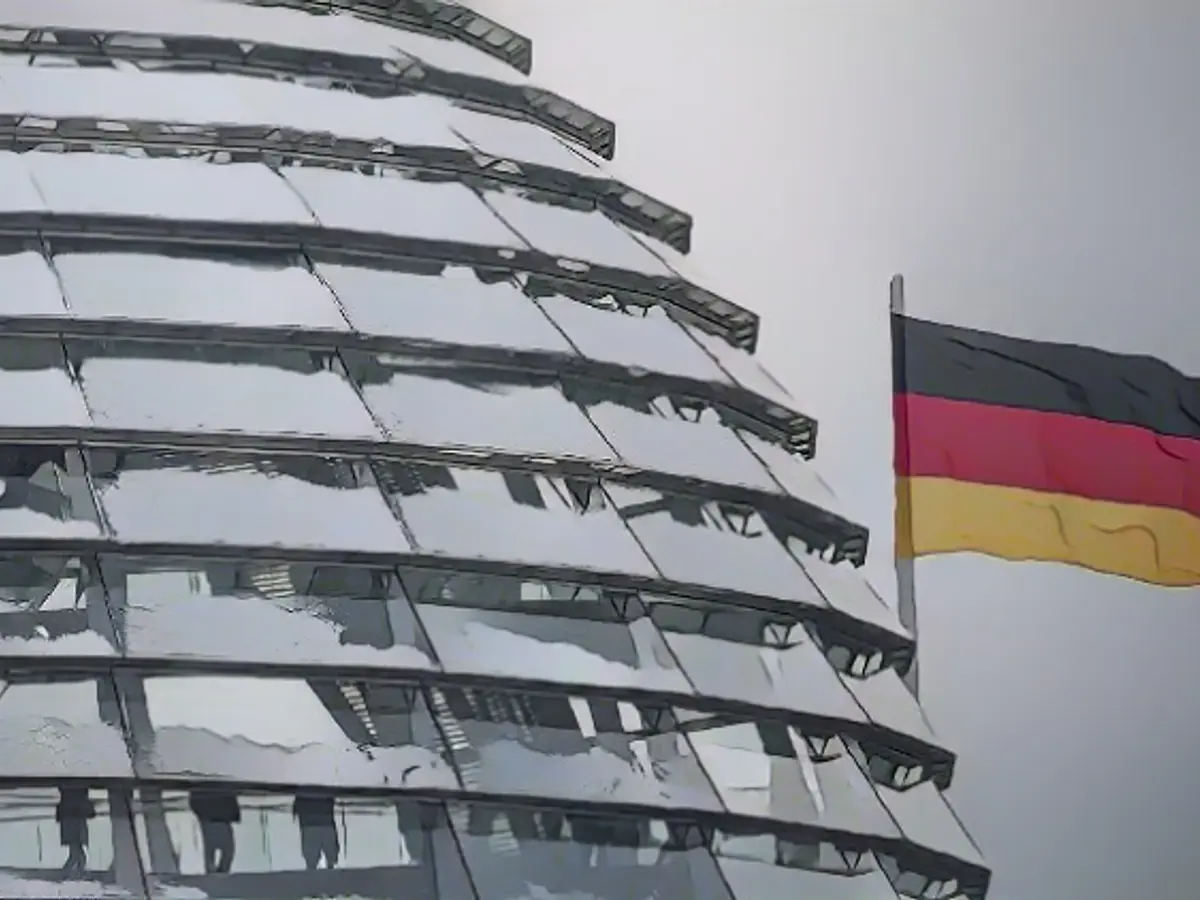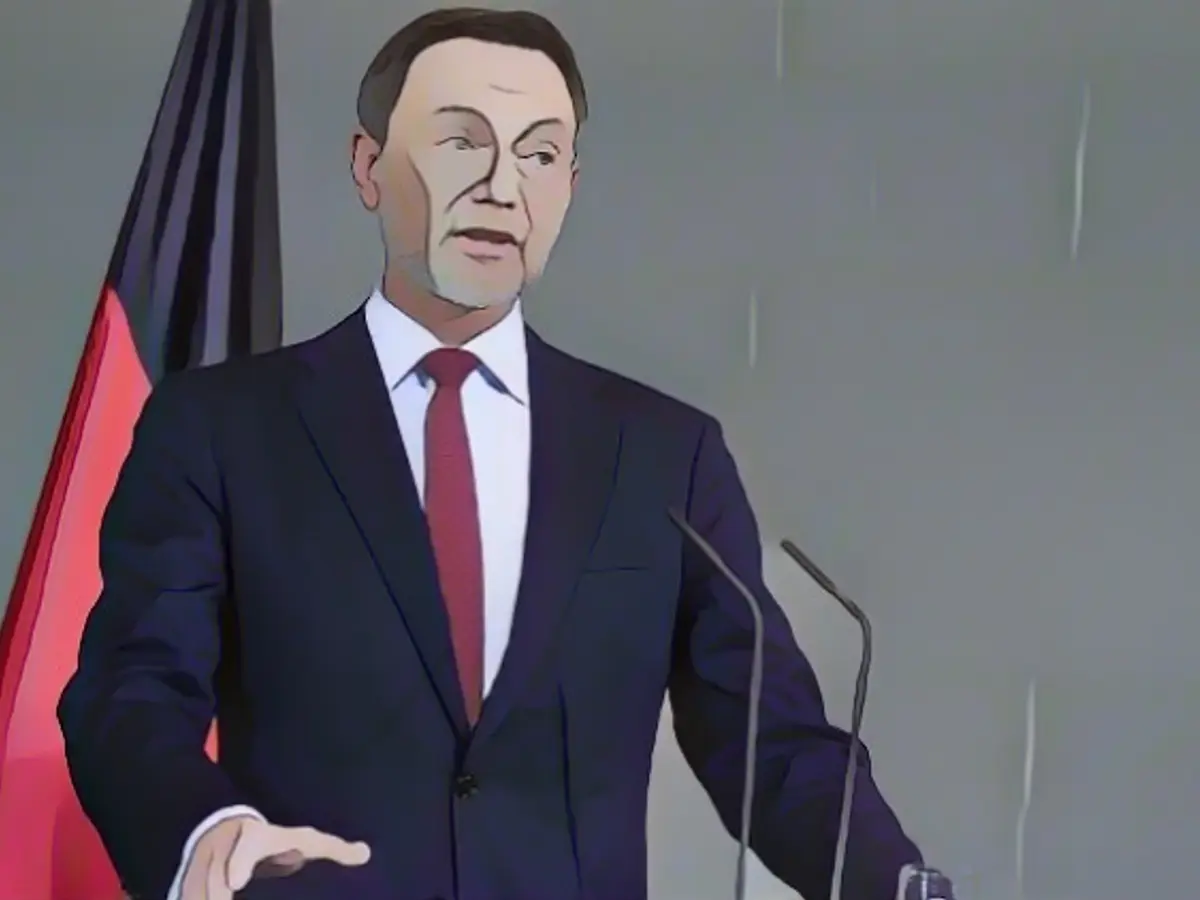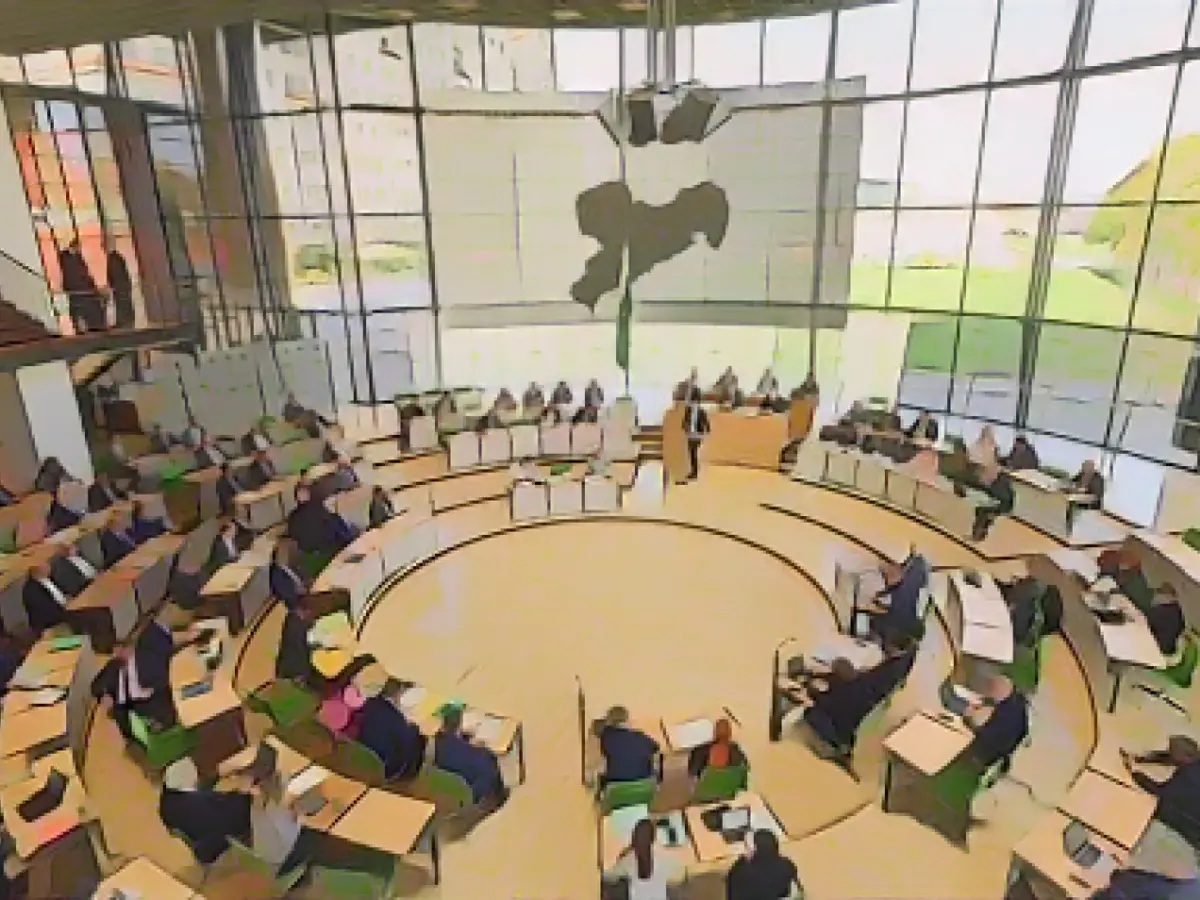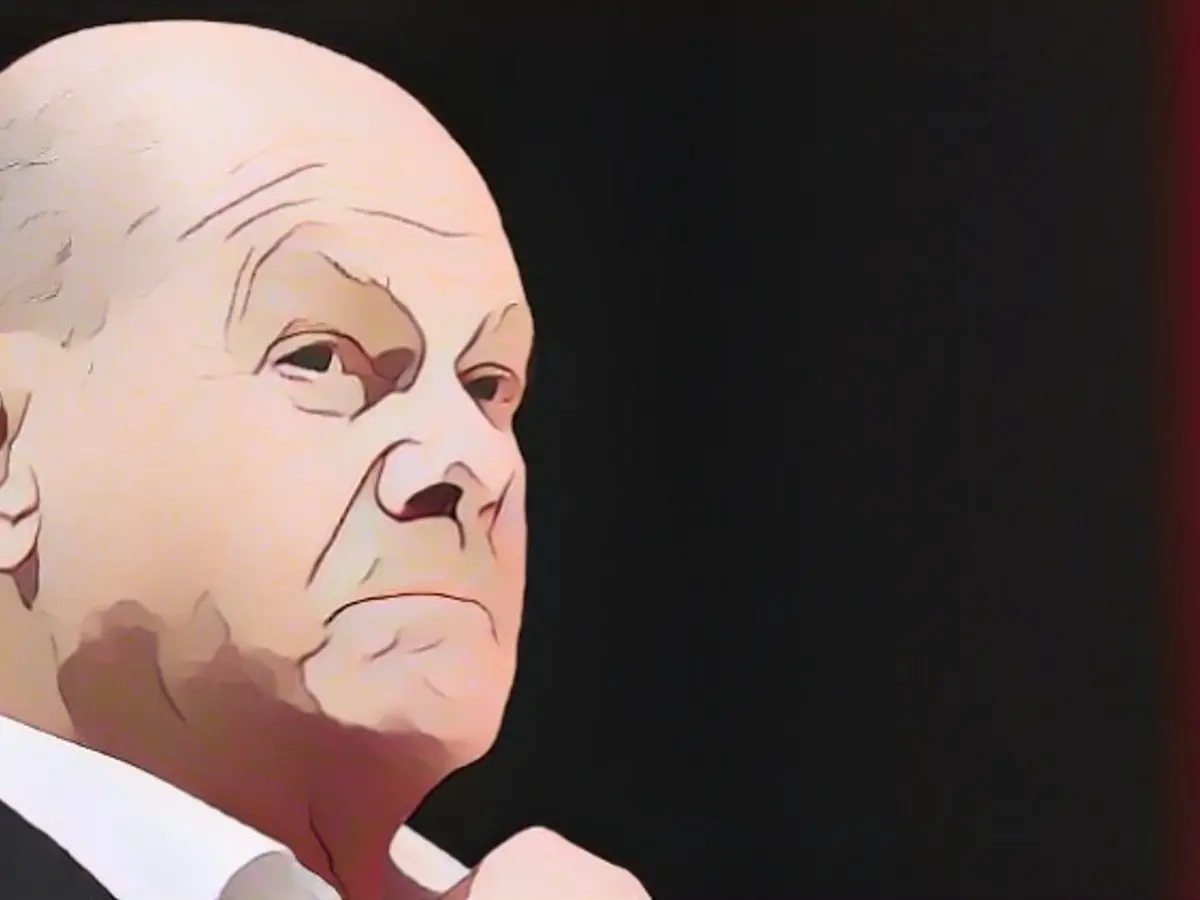The traffic light coalition, led by Federal Chancellor Olaf Scholz, has reached a budget agreement, encompassing the obligation to adhere to the debt brake again in 2024. However, the government has left a loophole open for potential future adjustments.
Regarding the debt brake, Scholz announced that the coalition government aims to comply with the debt rules as outlined in the Basic Law once more in 2024, in line with the budget agreement. A deterioration in Ukraine's military or financial situation due to the war against Russia may necessitate a temporary suspension of the debt rules, according to the contingency plan.
The heads of government, including Scholz, Vice Chancellor Robert Habeck (Greens), and Finance Minister Christian Lindner (FDP), arrived at an agreement early this morning to address the budget crisis. Further details will be disclosed during a press conference at noon and a coalition committee meeting later in the afternoon.
During the budget crisis discussions, the suspension of the debt brake for 2024 was on the table. While the SPD and Greens emphasized the potential war in Ukraine as an emergency situation, justifying the need for loans to support Ukraine, the FDP voiced concerns over the legal grounds for declaring such an emergency. The CDU/CSU has threatened to challenge the matter in the Federal Constitutional Court if the debt brake is suspended.
In the context of fiscal responsibility, Scholz's approach to the country's economic situation can be likened to managing a household budget, emphasizing the need for prudence in challenging times.
Sources: ntv.de
While the specific trigger conditions for suspending the debt brake in 2024 have yet to be explicitly disclosed by Scholz, various mechanisms and underlying principles for suspending the debt brake exist within the context of fiscal policy in Germany:
- Natural catastrophes and similar crises requiring a simple majority in either the federal or state parliament
- Allowing higher deficits during cyclical downturns
- Constitutional exemptions granted by the federal or state constitutional court, assuming the suspension is deemed necessary and proportional
- Carving out specific expenditure envelopes requiring a two-thirds majority in both houses of the federal parliament
These mechanisms are utilized in extraordinary situations, providing fiscal policy flexibility during crises. The specific application of these mechanisms, referring to the war in Ukraine, remains unclear, as detailed by the sources.








